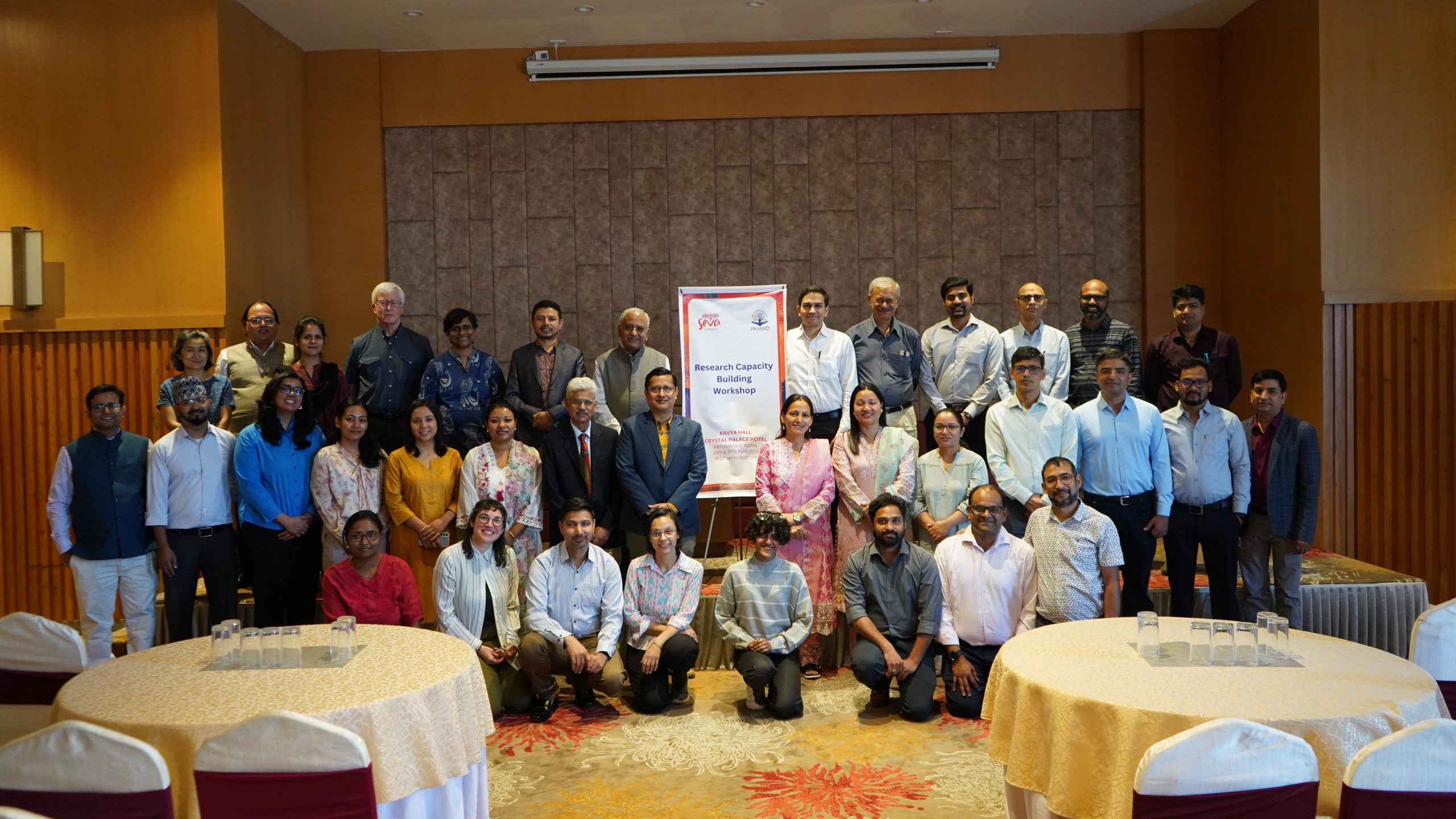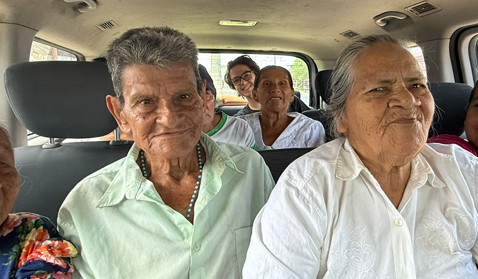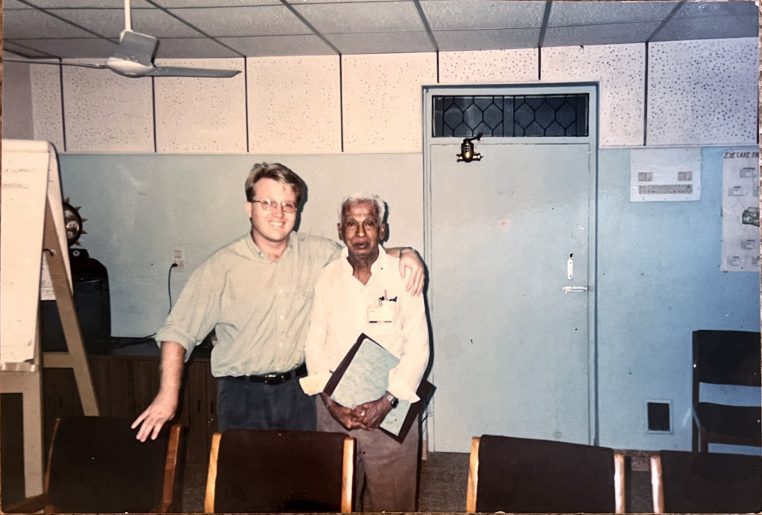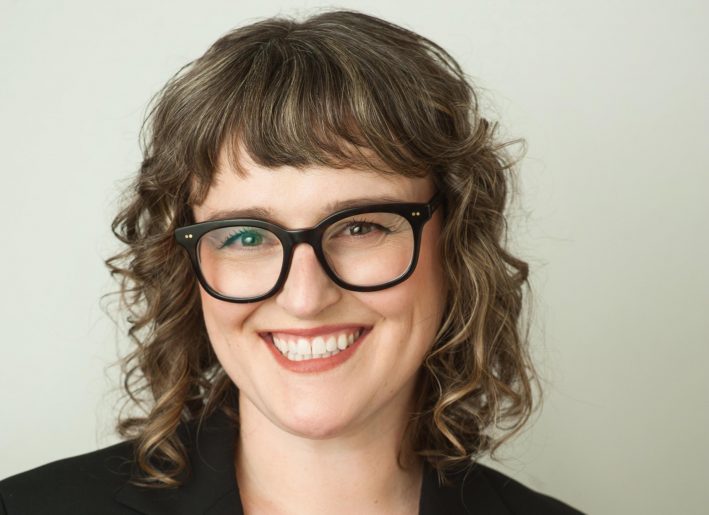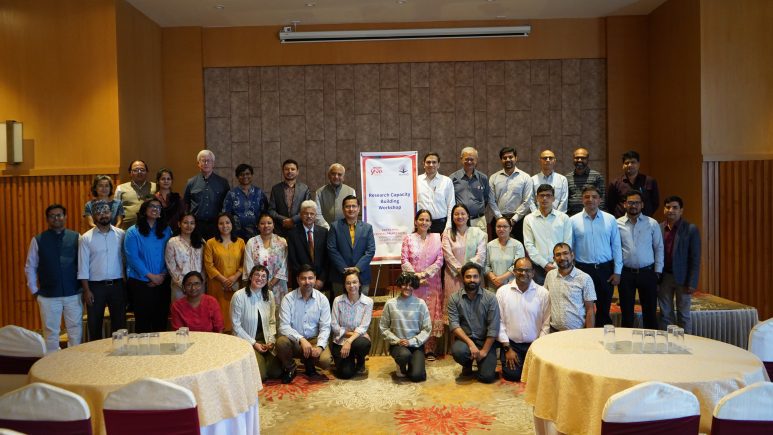
In low-resource settings, eye care professionals are often the ones who best understand the challenges and opportunities for improving services. However, many lack the skills and support to conduct operational research that can drive meaningful, lasting change.
To help close this gap, Seva Canada and the PRASHO Foundation have launched the Evidence in Practice (EIP) program. This three-year program will equip 10 eye hospitals—five in India and five in Nepal—with the skills and tools to create and use local evidence for improving care.
The program is built around seven key work areas and offers a step-by-step, hands-on learning experience.
- Phase One: Hospital teams learn how to design research projects, write study protocols, and submit them for ethics approval.
- Phase Two: Participants receive ongoing mentorship as they collect and analyze data, prepare their findings for publication, and dissemination.
ElP’s training approach is based on proven models used by global health organizations, such as the Cooke framework. Learning takes place through in-person workshops, virtual sessions, curated online resources, and regular progress check-ins.
With its learning-by-doing approach, EIP empowers eye care teams to become self-sufficient in identifying and solving real-world challenges within their institutions. It also works to build a lasting culture of curiosity, problem-solving, and improvement.
The ultimate goal is to see more locally led research that informs policy, strengthens health systems, and improves eye health outcomes across South Asia.
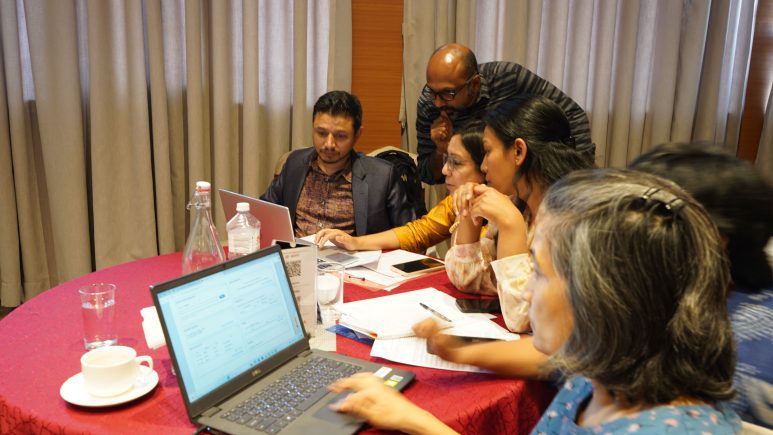
What is operational research? Operational research (OR) is the discipline of using scientific methods, mathematics, and analytical models to help make better decisions and solve complex problems.
